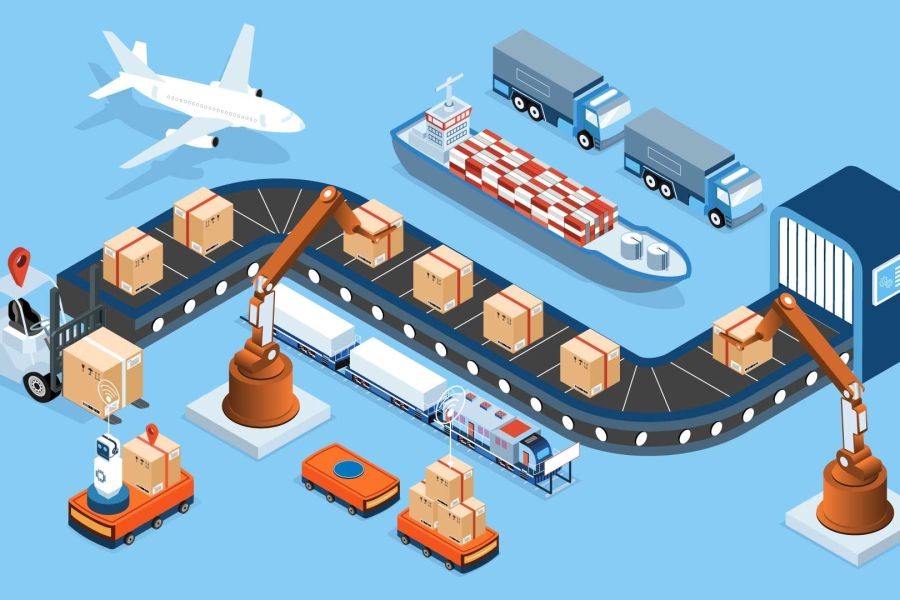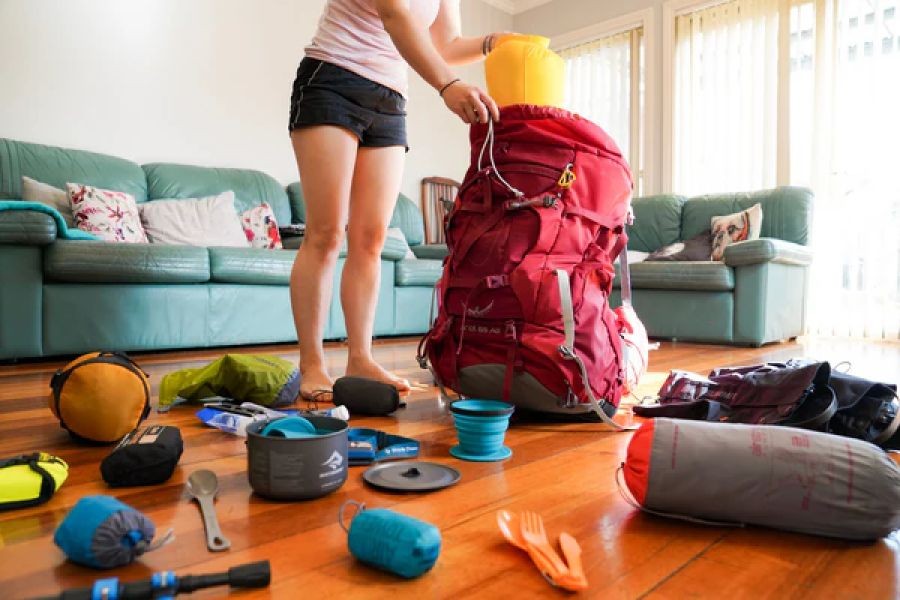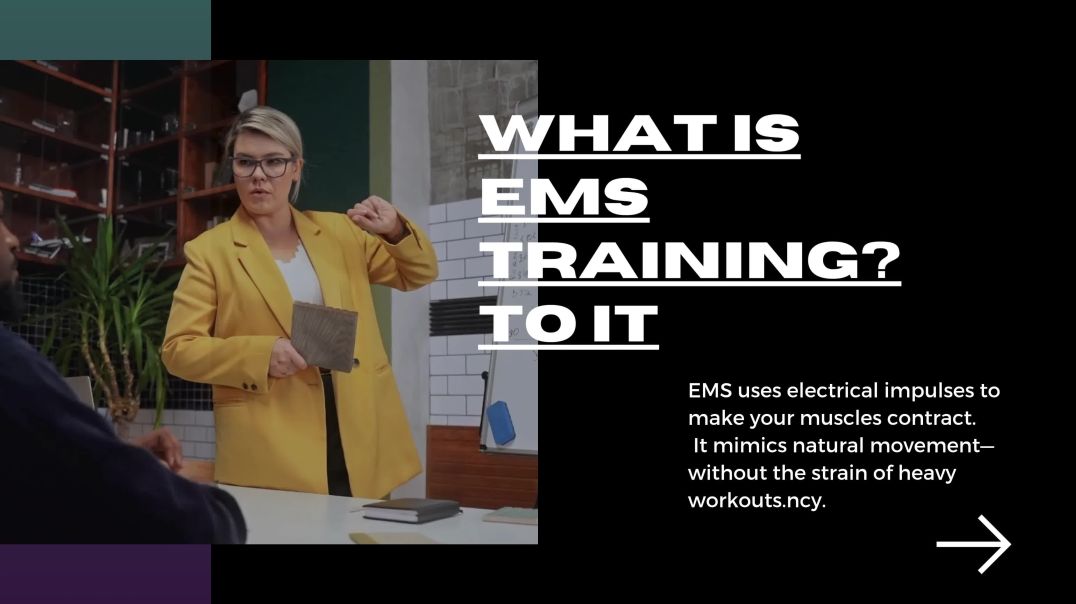Imagine this: You're in the heart of Auckland, rushing to an important meeting, when your Uber ride turns into a nightmare. Erratic driving, rudeness, or even unsafe behavior can transform a simple journey into an ordeal. In such cases, knowing how to effectively report a bad driver is crucial. This guide explores the steps you need to take in New Zealand, ensuring your safety and accountability in the ride-hailing industry.
Why This Matters in New Zealand
In New Zealand, the rise of ride-sharing platforms like Uber has transformed urban transport. According to Stats NZ, the transportation sector contributes significantly to the national economy, accounting for approximately 5% of the GDP. However, with increased convenience comes a pressing need for safety and accountability.
The Reporting Process: Step-by-Step Guide
Knowing the right steps to report a bad driver can make a significant difference in your experience. Here’s a clear process to follow:
- Gather Evidence: Take note of the driver's name, car model, and license plate. Screenshots of the ride details and any communication can be invaluable.
- Immediate Feedback: Use the app's built-in feedback feature immediately after the ride. This alerts the company to the issue quickly.
- Contact Support: Reach out to Uber or the taxi company's customer service. For Uber, this can be done within the app or through their website. Include all gathered evidence.
- File a Police Report: If you believe the driver’s behavior was illegal (e.g., reckless driving, harassment), report it to the local New Zealand Police. They can take further legal action if necessary.
- Consumer Protection: Report the incident to Consumer Protection NZ if you're unsatisfied with the company's response. They oversee fair trading practices in New Zealand.
Case Study: A Real-Life Example
Consider the case of Sarah, a Wellington resident who faced an uncomfortable situation with a taxi driver. Despite reporting the incident through the company's app, no action was taken. Sarah then escalated the matter to Consumer Protection NZ, who intervened, leading to the driver facing disciplinary action. This case emphasizes the importance of utilizing all available channels to ensure accountability.
Comparative Analysis: Uber vs. Traditional Taxis
Pros and Cons of Ride-Sharing Services
While ride-sharing services have revolutionized the transport industry, they come with their own set of challenges.
Pros:
- Convenience: Easy to book rides through a smartphone app.
- Cost-Effective: Often cheaper than traditional taxis due to dynamic pricing models.
- Transparency: Real-time tracking and upfront pricing provide clarity.
Cons:
- Lack of Regulation: More lenient regulations compared to traditional taxis can lead to inconsistencies in service quality.
- Safety Concerns: Incidents of unsafe driving or harassment are reported more frequently.
Debunking Common Myths
Myth vs. Reality: Ride-Sharing in New Zealand
- Myth: "Uber drivers are not real professionals." Reality: While Uber drivers do not require a taxi license, they must adhere to New Zealand's stringent driver vetting processes, which include background checks and vehicle inspections (Source: Ministry of Business, Innovation, and Employment).
- Myth: "There's no way to report a bad ride effectively." Reality: Both Uber and traditional taxi services offer multiple channels for reporting incidents, including in-app feedback and direct customer service contact.
Future of Ride-Sharing in New Zealand
The future of ride-sharing in New Zealand looks promising yet challenging. The Ministry of Transport anticipates a shift towards more sustainable and regulated ride-sharing models by 2026. This evolution will likely address safety and regulation concerns, fostering a safer environment for passengers and drivers alike.
Final Takeaway & Call to Action
Ensuring your ride is safe and pleasant is paramount. By following the outlined steps and staying informed about your rights, you can contribute to enhancing safety standards in New Zealand's ride-sharing industry. Have a story to share or tips that worked for you? Join the conversation in the comments below or share this guide with your network.
People Also Ask (FAQ)
How does ride-sharing impact businesses in New Zealand? Ride-sharing services enhance customer convenience, increasing footfall for local businesses and contributing to a 15% boost in retail sales, according to NZ Retail Insights.
What are the biggest misconceptions about ride-sharing in NZ? Many believe ride-sharing services lack regulation, but the NZ Transport Agency ensures compliance with safety and operational standards.
Related Search Queries
- How to report a bad Uber driver in Auckland
- Taxi complaints New Zealand
- Uber safety regulations NZ
- Consumer Protection NZ ride-sharing
- Ride-sharing vs. traditional taxis in NZ

































christenaguerrer
3 months ago